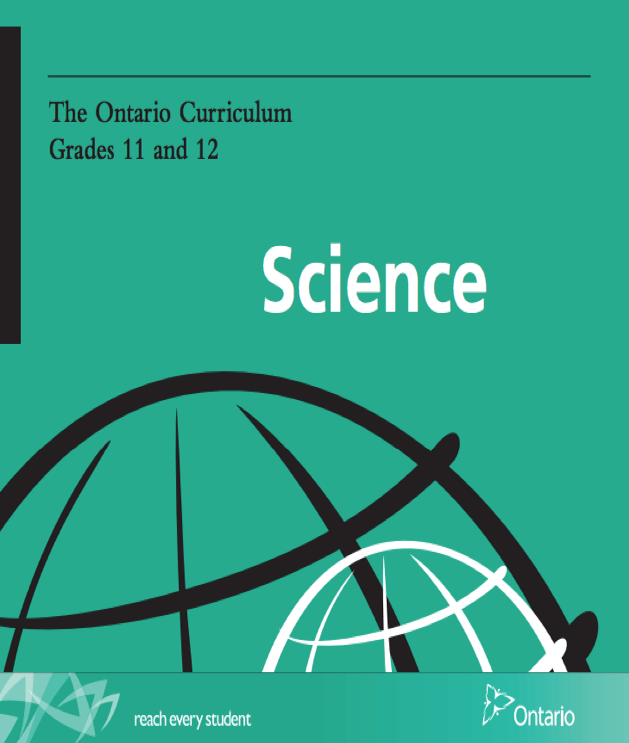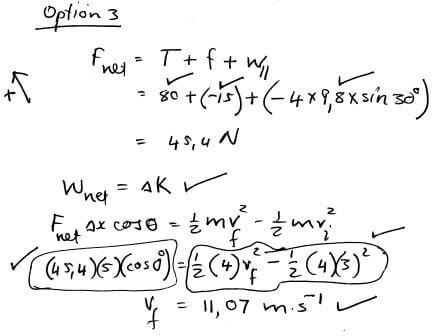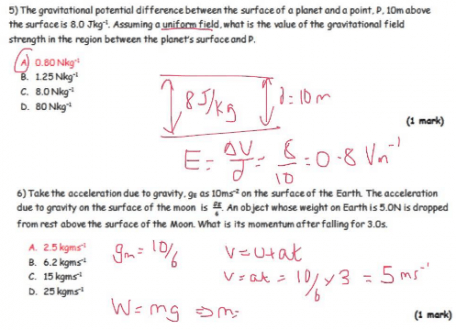Grade 12 Physics
Overview of Grade 12 Physics
Grade 12 Physics (SPH4U) is one of the most demanding courses in Ontario’s high school curriculum, requiring a deep understanding of complex theories, mathematical applications, and problem-solving strategies. This course builds upon concepts from Grade 11 Physics (SPH3U) and earlier foundations in Grade 9 Science and Grade 10 Science, making it a critical stepping stone for students pursuing careers in engineering, computer science, medicine, and other STEM fields. With expert tutoring, students can strengthen their understanding, boost their confidence, and improve their academic performance.
Why Is Grade 12 Physics Challenging?
Unlike Grade 9 and 10 Science, where physics concepts are introduced at a basic level, Grade 12 Physics requires advanced mathematical skills and a strong grasp of theoretical principles. Some of the most challenging topics include:
- Dynamics and Forces – Understanding Newton’s Laws, friction, and circular motion in greater depth.
- Energy and Momentum – Applying conservation laws to solve real-world problems.
- Electricity and Magnetism – Exploring electric fields, circuits, and electromagnetic forces.
- Modern Physics – Introducing quantum mechanics, relativity, and the dual nature of light.
- Wave and Sound Theory – Studying wave interference, resonance, and applications in technology.
Many students find the jump from Grade 11 Physics to Grade 12 Physics challenging due to the increased complexity of mathematical applications, including vector analysis and calculus-based problem-solving. Those who struggled in Grade 11 Physics may find Grade 12 especially difficult, making additional support crucial.
How York Region Tutoring Can Help
Personalized tutoring provides students with structured guidance to master difficult concepts and improve problem-solving skills. Key benefits include:
- Targeted Learning Plans – Tutors identify areas of weakness and focus on individual needs.
- Step-by-Step Problem Solving – Tutors break down complex physics problems into simple, manageable steps.
- Extra Practice & Exam Strategies – Additional practice questions help reinforce learning, and tutors teach effective test-taking strategies.
- Past Test Bank Access – Students can rewrite old tests from our Past Test Bank, allowing them to practice real exam-style questions and track their progress.
Building Confidence for University and Beyond
For students planning to pursue university programs in engineering, physics, or other STEM-related fields, Grade 12 Physics is a crucial course. A strong foundation in physics helps students transition smoothly into university-level studies and enhances their analytical and problem-solving skills.
With expert tutoring, students can overcome challenges, improve their grades, and gain the confidence needed to succeed. Whether they need help with complex equations, conceptual understanding, or exam preparation, tutoring provides the structured support necessary for success in Grade 12 Physics and beyond.
Ontario Curriculum Breakdown - Grade 12 Physics (SPH4U)

- Forces affect motion in predictable and quantifiable ways.
- Forces acting on an object will determine the motion of that object.
- Many technologies that utilize the principles of dynamics have societal and environmental implications.
- Energy and momentum are conserved in all interactions. Interactions involving the laws of conservation of energy and conservation of momentum can be analyzed mathematically.
- Technological applications that involve energy and momentum can affect society and the environment in positive and negative ways
- Gravitational, electric, and magnetic forces act on matter from a distance.
- Gravitational, electric, and magnetic fields share many similar properties.
- The behavior of matter in gravitational, electric, and magnetic fields can be described mathematically.
- Technological systems that involve gravitational, electric, and magnetic fields can have an effect on society and the environment.
- Light has properties that are similar to the properties of mechanical waves.
- The behavior of light as a wave can be described mathematically.
- Technologies that use the principles of the wave nature of light can have societal and environmental implications.
- Light can show particle-like and wave-like behavior, and particles can show wavelike behavior.
- The behavior of light as a particle and the behavior of particles as waves can be described mathematically.
York Region Tutoring Provides
If a student is approaching a forthcoming test, we can provide them with a previous test to be completed at home before their upcoming session. Subsequently, during their next class, just before the exam, they can review the test with their tutor. These tests are exclusively sourced from high schools in York Region and other areas in Ontario, serving as the definitive benchmark for students to assess their readiness.
York Region Tutors and are equipped with drawing tablets making collaboration simple, efficient and effective. We also offer drawing tablets at a discount for purchase to students who really take to the functionality of the product.
At the parents’ request, following each tutoring session, our tutors can assign homework tailored to address weaknesses and reinforce strengths in students. Additionally, we incorporate homework questions directly extracted from previous tests and quizzes administered by YRDSB school teachers, allowing students to familiarize themselves with potential test questions.


